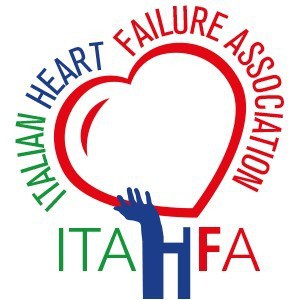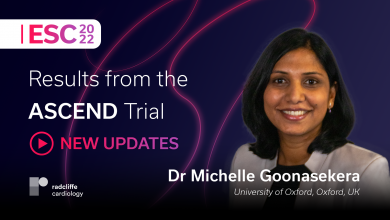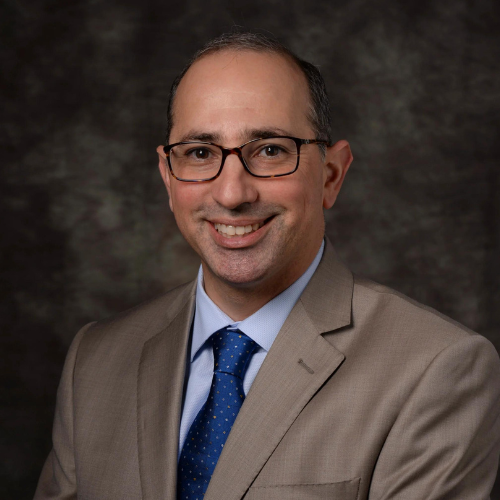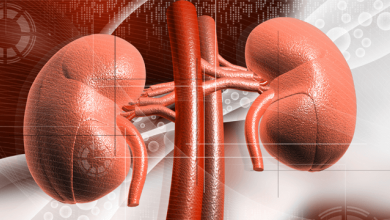Search results
Author(s):
Michelle Goonasekera
Added:
1 year ago
ESC 22 - In this short interview, Dr Michelle Goonasekera (University of Oxford, Oxford, UK) joins us on-site at the ESC congress to discuss the findings of the ASCEND Study(NCT00135226).
ASCEND aimed to evaluate the effects of 100mg daily aspirin on top of 1 gram of omega-3 fatty acids in the prevention of serious vascular events, including non-fatal heart attack, stroke and transient ischaemic…
View more
Dominick J Angiolillo
Research Area(s) / Expertise:
Job title: Professor & Chief
Author
Author(s):
Joe Gallagher
,
Chris Watson
,
Patricia Campbell
,
et al
Added:
3 years ago
Increasingly biomarkers are of interest in cardiovascular disease (CVD) for risk stratification. In particular, natriuretic peptides (NPs), which were originally used for the diagnosis of heart failure, are now finding a role in identifying those most at risk of heart failure and other cardiovascular (CV) disorders. Their ability to be measured rapidly through blood tests makes their widespread…
View more
Author(s):
Giuseppe Rosano
,
Richard Henry P Tiongco
,
Rungroj Krittayaphong
,
et al
Start date:
Oct 05, 2022
View more
Author(s):
Samia R Toukhsati
,
Andrea Driscoll
,
David L Hare
Added:
3 years ago
ESC Guidelines for Patient Self-management in Chronic Heart Failure
The gold-standard of patient self-management in chronic heart failure (CHF) can be defined as “daily activities that maintain clinical stability”.1 This requires that patients monitor their symptoms, adhere to their medication, diet and exercise regimens and manage symptoms by recognising changes and responding by either…
View more
Author(s):
Martin R Cowie
,
Michel Komajda
Added:
3 years ago
Advances in diagnosis and treatment have improved the outlook for the estimated 26 million patients with heart failure (HF) worldwide,1 but there remains a continuing need for further reduction in mortality and hospitalisation and the associated social and financial consequences of the disease. In a European study of outcomes after HF hospitalisation, 17 % of patients died within 12 months and 44…
View more
Author(s):
Giuseppe Rosano
,
Ilaria Spoletini
,
Cristiana Vitale
,
et al
Added:
3 years ago
Heart failure (HF) affects 1–2% of the population in developed countries and absorbs a significant amount of human and economic resources.1,2 HF is a complex syndrome characterised by a spectrum of symptoms and phenotypes: HF with preserved ejection fraction, HF with mid-range ejection fraction and HF with reduced ejection fraction (HFrEF).3 Differentiating patients according to left ventricular…
View more
Author(s):
Cinzia Nugara
,
Francesco Giallauria
,
Giuseppe Vitale
,
et al
Added:
11 months ago
Author(s):
Frans H Rutten
,
Joe Gallagher
Added:
3 years ago
“I cannot keep pace with my husband. Is it simply ageing, overweight and my sedentary lifestyle?” This is a common encounter in primary care, bearing in mind that around 16 % of older community-dwelling people experience at least grade 3 shortness of breath according to the Medical Research Council questionnaire (“walk slower than people of the same age because of breathlessness or have to stop…
View more
















